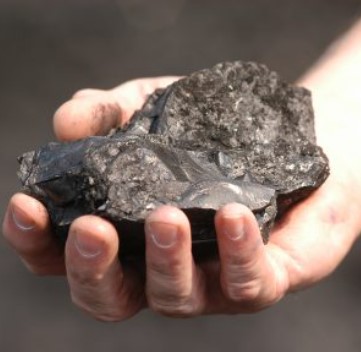Coal Association seeks responsible Alberta development



The Coal Association of Canada called for responsible coal development in Alberta in a presentation to the province’s Coal Policy Committee.
A little background: The Alberta government quietly opened more than a million hectares of land on the eastern slopes of the Rocky Mountains last year. The backlash was predictable and quick, and in February, the province promised to reinstate the 1976 coal policy to protect these areas. But it did not cancel the new coal leases it had granted during the flip-flop.
Now the Coal Association is walking a fine line between producers and the government.
“Responsible coal development and environmental stewardship can co-exist. We can protect our natural heritage while creating high paying jobs in an industry that values safety and human rights," said Robin Campbell, president of the Coal Association of Canada.
"The public debate over the future of coal mining in Alberta touches on fundamental values, such as the rights of Indigenous peoples and the protection of Alberta's mountains, rivers and natural heritage. This debate has been difficult at times, but it is also healthy and necessary. As mining companies, we see the development of Alberta's coal resources as a privilege, something that needs to happen with the support and confidence of Albertans and Canadians. Like all Albertans, we cherish the natural beauty of the Rockies and are fully committed to protecting and preserving our air, water, and wildlife,” he added.
The Association’s submission is built on three key policies: 1) A new coal policy should contain a means of increasing protected lands in consultation with leaseholders, Indigenous communities and other stakeholders. 2) Where land is considered for coal exploration and potential development, there must be clear regulations and processes that evaluate applications on their own merits. 3) To meet the need for public confidence and support, the Association would like to see the public have greater access to information about proposed projects in order to evaluate the full range of project impacts.
The submission goes on to discuss the 1976 coal policy, existing regulations, the importance of metallurgical coal, climate change and carbon capture, Indigenous partnerships, job creation, and the impacts of coal mining on people, wildlife, water the natural landscape.
The Association's submission is available online.
Comments